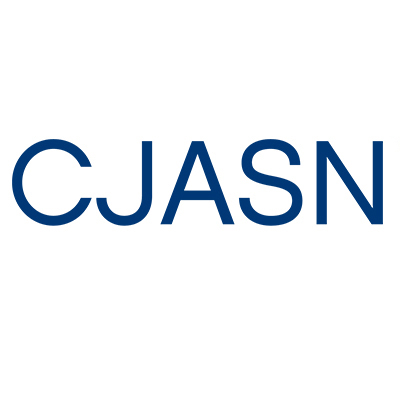
EKHA contributes to publication on dialysis care in Canada and the United States with references to Europe
30 June 2020
EKHA has contributed to an article recently published in the Clinical Journal of American Society of Nephrology (CJASN). The article compares and contrasts transnational dialysis-related health policies, with focus on key levers including payment, finance, regulation, and organization. It further describes how policy levers can incentivise favorable practice patterns to support high-quality/high-value, person-centered care and to catalyse the emergence of transformative technologies for alternative kidney replacement strategies. While the article is essentially on dialysis in the United States and Canada, it incorporates several references to Europe.
According to the article, contemporary dialysis treatment for chronic kidney failure is complex, is associated with poor clinical outcomes, and leads to high health costs, all of which pose substantial policy challenges. Despite similar policy goals and universal access for their kidney failure programs, the United States and Canada have taken very different approaches to dealing with these challenges. Whereas United States dialysis care is primarily government funded and delivered predominantly by private for-profit providers, Canadian dialysis care is also government funded but delivered almost exclusively in public facilities. Differences also exist for regulatory mechanisms and the policy incentives that may influence the behavior of providers and facilities. These differences in health policy are associated with significant variation in clinical outcomes: mortality among patients on dialysis is consistently lower in Canada than in the United States, although the gap has narrowed in recent years. The observed heterogeneity in policy and outcomes offers important potential opportunities for each health system to learn from the other.
